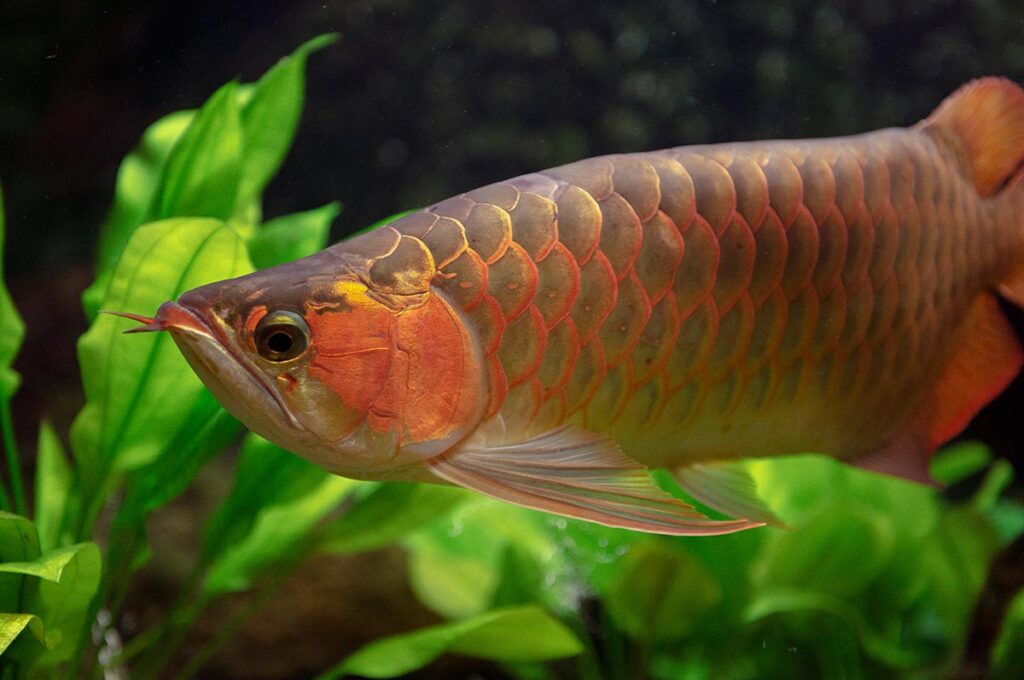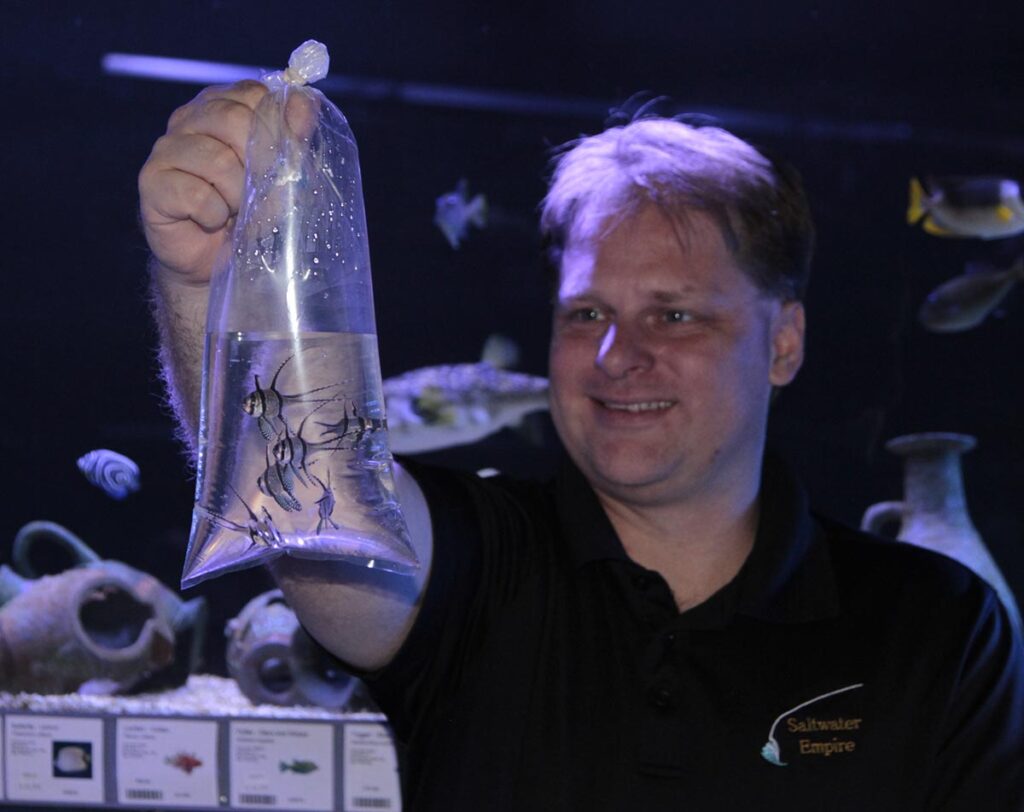
New federal legislation before Congress would change the US Endangered Species Act (ESA) to end the practice of listing species that are not native to the United States. This would, according to some observers in the aquarium trade, help eliminate problems with captive-bred fishes from becoming entangled in ESA regulations.
Called the Saving America’s Vulnerable and Endangered Species Act or “SAVES Act”, the legislation is designed to update the Endangered Species Act. Specifically, “To amend the Endangered Species Act of 1973 to include a prohibition on the listing of a living nonnative species as a threatened species or an endangered species, and for other purposes.”
This legislation is not entirely new, having first been submitted in 2018. It is being submitted by Republicans Senator Ted Cruz (Feb. 8, 2021 in the Senate) and House Representative Louie Gohmert (Feb. 8, 2021 in the House).
How the ESA Currently Impacts Aquarists
For aquarists, the most high-profile example of a non-native species currently covered under the ESA is undoubtedly the Asian Arowana (Scleropages formosus). While undoubtedly facing extinction risk in its native waters and listed by the IUCN as endangered, the Asian Arowana is heavily aquacultured and is legally traded throughout much of the world under the auspices of CITES (the Convention on International Trade in Endangered Species of Wild Fauna and Flora). However, the listing of this species under the ESA in the United States renders this species absolutely illegal to own within the U.S., even if originating from captive-breeding programs.

Another recent example involves what some might consider the “dodged bullet” of attempts to list both the Banggai Cardinalfish (Pterapogon kauderni) and the Percula Clownfish (Amphiprion percula) under the Endangered Species Act. Successful attempts could have lead to incredibly problematic repercussions for aquarists as they would suddenly have found themselves in possession of highly-protected “endangered species”. Neither the Banggai nor the Percula Clownfish were ultimately listed.
Earlier efforts to list a number of coral species under the ESA posed similar complications for the aquarium hobby and trade.
Impacts Of This Legislation
If the SAVES Act was passed, it is clear that proposals to list species that are not native to the United States would become a thing of the past, relegating the main control over the international trade in potentially threatened or endangered wildlife to CITES.
Speaking on condition of anonymity, a source close to this legislation believes that passing it would immediately delist all non-native species from their current status under the ESA, although other reports suggest that it would only prevent new listings. “[The bill] prevents the Secretary of Interior from listing any nonnative species. So [it] should automatically delist [non-native species], but [someone] may have to sue on each species [to have them removed from ESA regulation]”.
While aquarists may have mixed opinions on whether this amendment to the ESA is a good or bad proposal, observers from multiple vantage points seem to agree and opine that this legislation has almost no chance of passing in this current session of congress.
Additional Reading
New bills would exclude non-native species from ESA protections





Considering the sponsors of this bill I’m very suspicious. Neither is known as protectors of the environment or have concerns about protecting endangered species. This is totally a way for Texas ranchers to raise large exotic mammals for hunting.
Sure it might help the aquarium trade, but we have to be aware of the bigger picture, too.
Coming from Texas, I can assure you any legislation authored by two of the most disliked members of Congress, Ted Cruz who fled the state during our extreme winter storms and Louie Gohmert who is known as the Barney Fife of east Texas is probably dead on arrival. Both are anathema to most thinking Texans. Next time it would be better to get sponsors who are not held in such low esteem by their colleagues.
Yes, both Cruz and Gohmert are among the most reprehensible members of Congress who have never let facts get in their way of spreading falsehoods and lies. I doubt either knows what a banggai cardinal looks like. They both played a bad role in the recent energy fiasco which left hundreds of thousands without power in Texas’ freezing winter storms. Both are climate change deniers and strongly anti-environment.
Why don’t you stop drinking the koolaide moron the only climate change happening is due entirely to Mother Nature and something called the SUN!! We’re talking fish not politics but you leftists know how to screw up a wet dream!! Go back and hide in your mother’s basement .
While I will make an honest attempt to side-step character assassinations, I am going to POINT Out the utter idiocy of this whole idea proposed (while certainly understanding the rare fish/reptile people..!)… under this bullshit notion now baby/adult Tigers, monkeys(of certain sorts), small jungle cats not fit for captivity in the first place, certain bears, even more scarce parrots, among many others are now fine and dandy???
I have both birds and fish tanks (have had for decades, plus various other genera as well)… In the end, if you can NOT get a certain something in all of this because it ties into all this trying to save the god damn species in first place, too damn bad!! pick another critter that is plenty, simple… Frick und Frack
All this law aims to do is enable Texas ranchers to raise exotic big game like lions, tigers, giraffes, etc to be hunted in private hunting parks. The law would also make it easier for traffickers to import and sell endangered animals within US borders. These practices are harmful to conservation of endangered species even if they would allow aquarists to gain access to a few fish that are typically banned because of it. This law should be opposed by anyone who values wildlife and the conservation of threatened species.